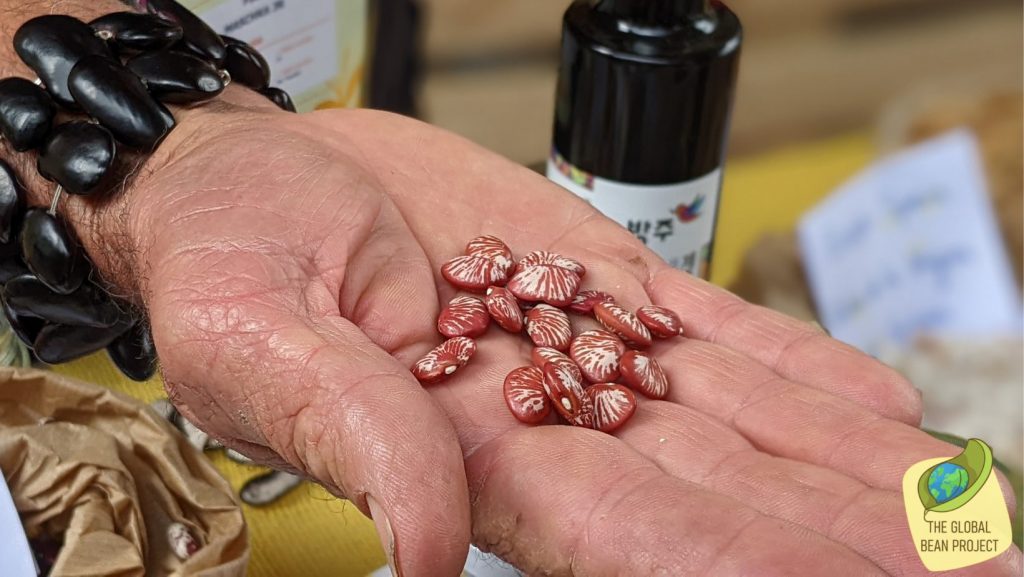Discover how to grow unknown legume species

The Fabaceae family is immense. Beans have been one of the most widely used crops for millennia, but not only beans have been used in the human diet as a source of plant protein in food. There are hundreds, possibly thousands of species that have been used in food and other diverse uses in humanity and that have fallen into a great underutilization, even being lost and being practically unknown to the majority of the population, being used in small towns or communities scattered around the globe. Many of these species can be toxic, only some parts of the plants being used like the roots, some are only used for cultural purposes, rituals as a bargaining chip.
The conservation of these species depends on our capacity to spread knowledge and promote their cultivation as much as possible. The abandonment of the use of this knowledge and species has led many of them to be catalogued as “rare“, being mostly appreciated by botanists and plant collectors, and many of them even being in danger of abandonment in their places of origin, replaced by commercial options or ancestral ignorance.
On this occasion, we will talk about some very interesting, although not necessarily “extravagant” species which can enter into this category of “exotic legumes“, discovering some curious facts, uses and their current situation.
We will also present the experiences made growing those ‘not-so-well-known’ legumes in Berlin. While many of those grain legumes originate in a tropical climate it is nonetheless possible to grow most of them successfully in a central European climate if it is only to add variety, interest and often beauty to our gardens. Some of those not yet commonly known grain legumes might even become more important in agriculture as our climate is changing.
The meeting will last one hour and will be followed by a 30-minute questions and answers session.
Please find more information and register here. For any questions please contact Lisa Hoffmann via .
We are very much looking forward to seeing you!
The Global Bean team and partners

